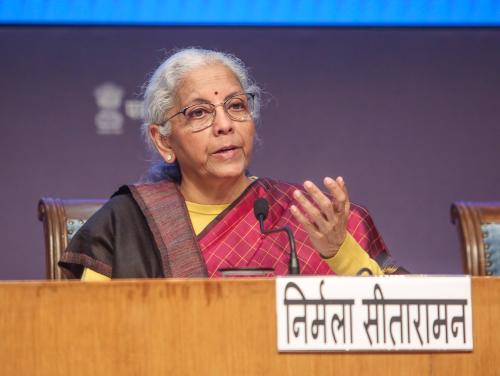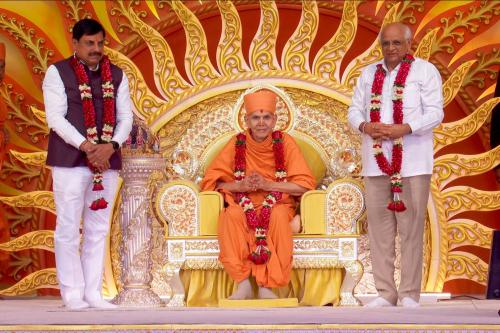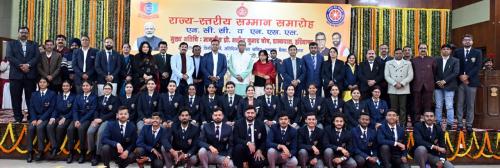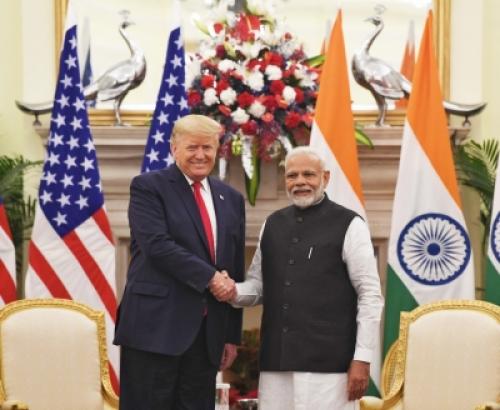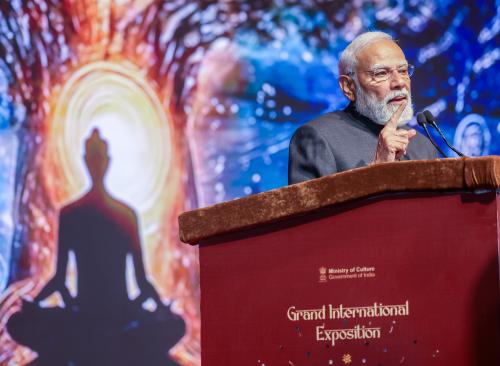Why don’t Indian-Americans laugh? We have laughed. A thousand times. Every single Indian-American kid has laughed off a joke about his religion, his color or his food. We grew up laughing. Even when we asked for better treatment, we were polite. When I was 15, I circulated an e-mail petition to my friends, respectfully asking an American company to stop making toilet seats with the faces of Hindu gods painted on them.
By Anika Gupta
After reading Joel Stein’s column in Time magazine about Indian-Americans, many, in-cluding some editors at, want to know why Indians can’t just take a joke. Let me explain. I grew up in an affluent American suburb. My friends were Russians, Chinese, Germans and Indians. We were Muslims, Christians, Hindus and Jews. Between us, we contained all the world’s potential conflicts, as well as all of its potential acts of forgiveness. That didn’t mean my world was perfect.
In his column, Stein cracked a joke about “dot busters,” the gangs of racist thugs, who used to prey on Edison’s Indian-American population in the 80s. (He doesn’t refer to them, but Stein does mention Indians in Edison being called “dot heads.”) It reminded me of the time a friend’s uncle was shot dead by such a gang in his convenience store. Stein’s jokes about our “elephant-nosed” gods also recalled the time my ex-best friend told me I was going to hell because I worshipped idols. Stein’s zingers about Indian food reminded me of the landlords, who refused to rent my dad an apartment in the 70s because Indian spices, they thought, would “stink up the place.” Like a frying hamburger has no odor.
Yes, Stein’s jokes about race, about religion and about food are accurate — but that doesn’t make them good.
Why don’t Indian-Americans laugh? We have laughed. A thousand times. Every single Indian-American kid has laughed off a joke about his religion, his color or his food. We grew up laughing. Even when we asked for better treatment, we were polite. When I was 15, I circulated an e-mail petition to my friends, respectfully asking an American company to stop making toilet seats with the faces of Hindu gods painted on them.
But by the time I saw Stein’s column, I was tired of laughing. I wondered why it was okay for him to crack that same old joke about the many-armed gods - in 2010! Or why it was okay for Time to run a nostalgic article that may as well have been called, “Indians: They’re only good for funny names and ethnic buffets.”
I’m an American, and I’m also of Indian origin. I worship many-armed gods, and I eat really spicy Andhra food. But here’s the thing that Joel Stein never saw — I’ve fought to be accepted; I’ve assimilated in ways he can’t see. The Indian grocery, the Hindu temple — these are chips off the massive iceberg that is Indian-American identity.
Courtesy: Hindustan Times





